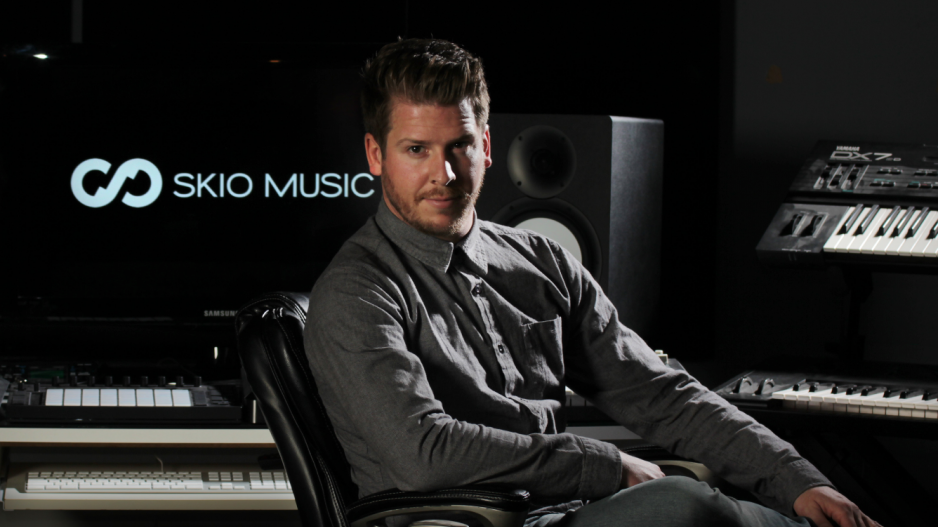When Swedish pop singer Miriam Bryant looked for DJs and others to remix her hit record Dragon to find new audiences, she turned to a new Vancouver company, Skio Music, which acts as a facilitator for this kind of arrangement. Within a short time, Bryant’s label and management company, Stereoscope Music Scandinavia, had a deal with Brazil’s WAO for a remix licence that would expose the singer to new audiences in South America.
Terms of the deal are private, but the two companies decided on a split of revenue generated from the remix.
As complicated as copyright laws are in the old analogue format, their complexity has multiplied with digital media. According to co-founder Darcy Hughes, that is why Skio Music was created – to streamline the process and allow musicians to transform themselves from hobbyists to active industry players.
“Content owners are certainly favoured in these copyright situations over creators,” said Hughes, Skio Music’s chief marketing officer. “Content creators usually don’t have the [legal] education or the money or the time to make deals happen to advance their careers. We want this to work for everyone.”
Founding CEO Zohar Amouyal, whose specialty was entertainment law, created Skio in 2014 after seeing a need for a company that could calm the rough seas of copyright law and digital technology, thus shaping a healthier music industry. Amouyal, who’s also a musician, teamed with Recon Instruments founder Hughes, Grammy-winning record producer/engineer Jordan Young, known as DJ Swivel (whose credits include Beyoncé, Kanye West, Rihanna and Jay Z), DJ and producer Omri Amouyal and chief technology officer Neal Clarke to “build a team to help Zohar understand what he didn’t know on the business side,” Hughes said.
The company woodshedded and put together its business model in a Simon Fraser University incubator, only recently moving its 15 full-time staff into a 6,000-square-foot office space in Gastown.
If a Vancouver band wants to use a sample from an older album release, through Skio Music it can contact the owner of the original product to work out a deal. The particulars are between the two parties; Skio Music acts as a digital licensing platform where the parties can make direct licensing deals, secure payments and collaborate strategically. Hughes calls it a “win-win” that makes things easier for an artist repurposing copyrighted material for a remix and enables copyright holders to profit from their back catalogues, which might not be generating much revenue.
The idea is to make licensing transparent. Therefore, all songs uploaded to Skio must be done by content owners or with explicit permission from all necessary parties, including record labels, rights collective agencies, publishers and songwriters. Bootleg remixes cannot be uploaded.
Skio Music generates revenue by charging a service fee for bringing two sides together in a licensing deal (on average, $39), and will install a tiered subscription service fee from its target market of 10,000 content owners and creators.
Other companies, such as Music Gateway, are doing similar things, but Hughes said his company has a leg up in terms of legal expertise.




